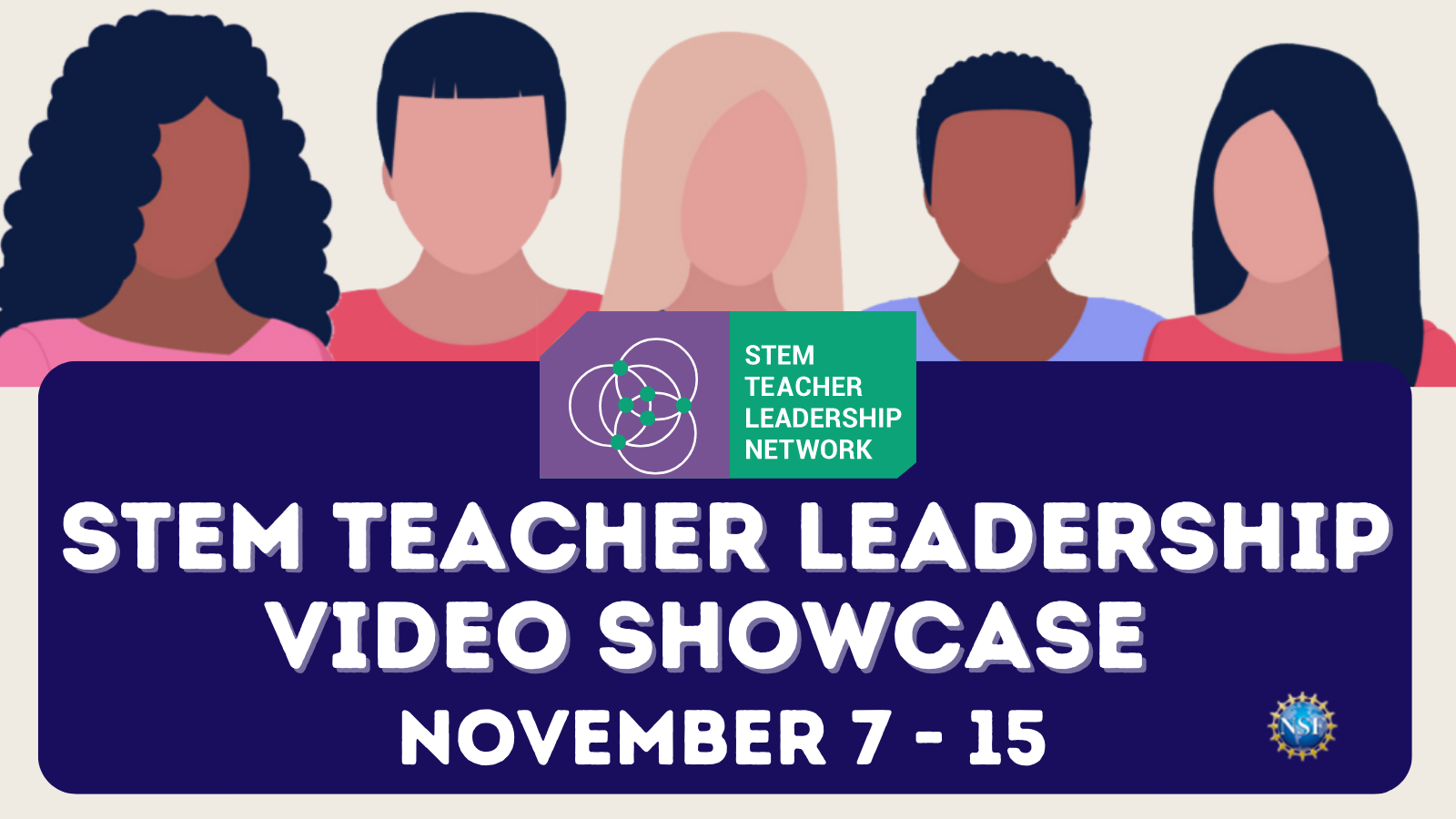Supporting Equitable Participation and Access
Students of color, students learning English as a second language, and students from other underrepresented groups are often underserved in STEM classrooms. However, through instructional improvement, we can work to provide better supports for these students and change some of the common classroom dynamics that result in specific students being pushed to the margins when it comes to participating and excelling in STEM. We invite you to view this video and interact with the VEAR-MI team and others in discussions of how to support equitable participation and access in STEM. Specifically, we encourage you to weigh in on issues such as:
What are some of the “in-classroom” or “in-school” factors that may contribute to the underrepresentation of specific groups in STEM fields and careers?
What teaching practices honor and support students in gaining access, achieving, developing robust identities, and being empowered by/within STEM classrooms?
What do teachers need to know and be able to do in order to adequately and appropriately serve students from culturally diverse backgrounds?
How can we better support our teachers in their efforts to better support their students?
We share from our work with large urban school districts investigating these and other issues. In particular, we present practices from our research in mathematics classrooms that have been linked to improvements in student achievement and increases in student participation. In our work, we have also found that it is not just a matter of whether or not teachers are implementing the practices. Rather, we have discovered that there are key differences in the quality of the implementation of the teaching practices. We are currently developing classroom observation rubrics that could support teachers, researchers, teacher educators, and professional developers in making qualitative distinctions between four different levels of implementation for each practice. In this video, we present a couple of these distinctions for a few of the practices.
The Validation of the Equity and Access Rubrics for Mathematics Instruction (VEAR-MI) project is supported by the National Science Foundation’s Discovery Research PreK-12 program (DRK-12). The DRK-12 program seeks to significantly enhance the learning and teaching of science, technology, engineering, mathematics and computer science (STEM) by preK-12 students and teachers, through research and development of STEM education innovations and approaches.
Join us in discussing ways that we can work together to improve STEM teaching and learning for each and every student.
NSF Awards: 1908481
Presented in: 2021 (see original presentation & discussion)
Grade Level: Grades K-6, Grades 6-8, Grades 9-12
 The STEM Teacher Leadership Video Showcase features 3-minute videos submitted by teacher leaders and those engaged in creating teacher leadership programs. View their inspiring stories and make sure to leave a comment! Share on social media and "like" your favorites!
The STEM Teacher Leadership Video Showcase features 3-minute videos submitted by teacher leaders and those engaged in creating teacher leadership programs. View their inspiring stories and make sure to leave a comment! Share on social media and "like" your favorites!